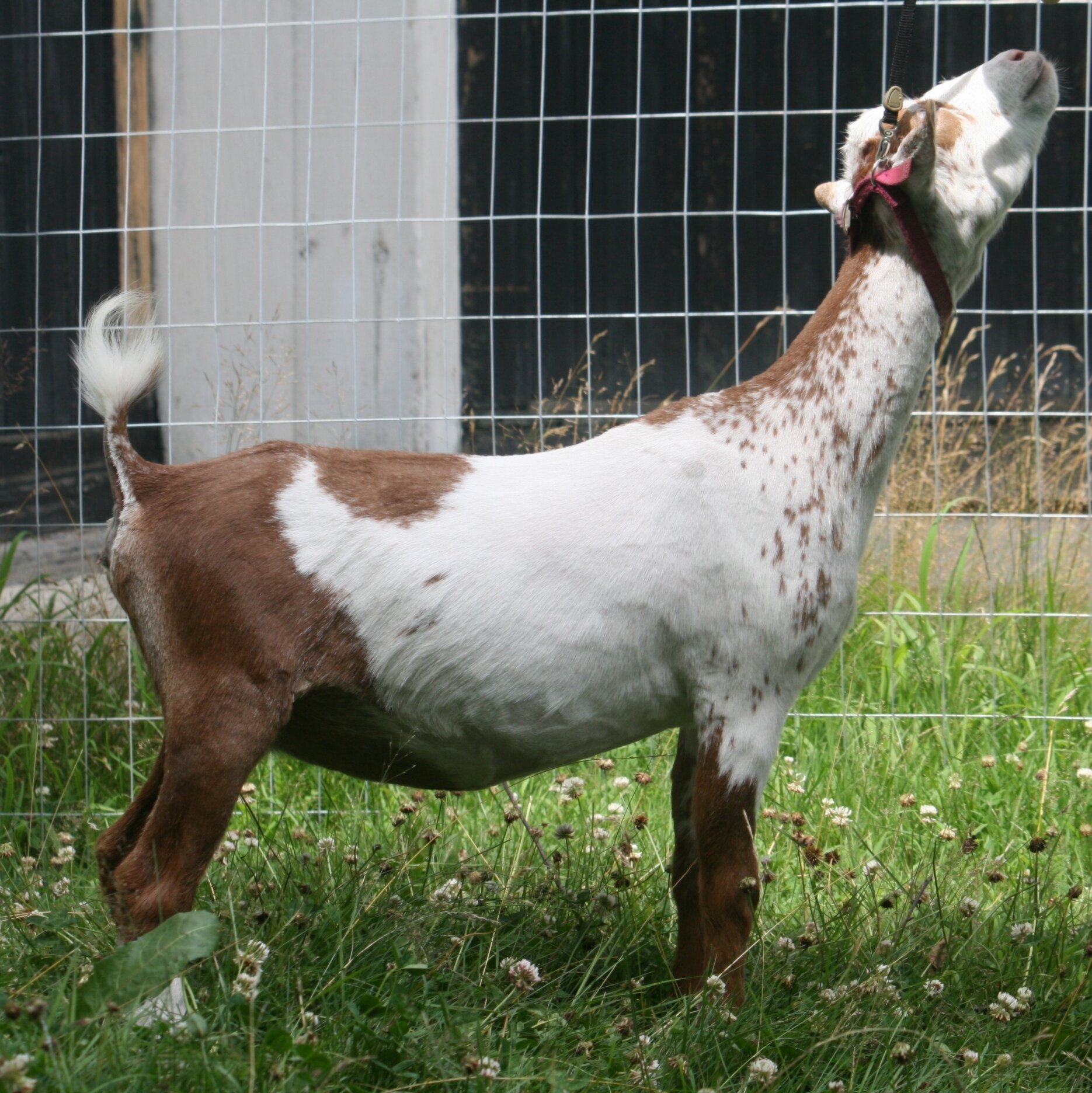Raising Goats: Selenium and Copper Deficiency
Once you begin the journey into raising goats, or even just researching raising goats, you will come across the fact that copper and selenium are an essential need in a goat's diet for them to maintain their overall health. What a lot of goat beginners don't realize is that the area of the country that you live in can have a huge impact on the level of support you need to provide to your goat with these minerals. As you can see from the map below, selenium levels in the soil vary greatly from area to area, drastically impacting the nutritional value of local hay and forage, which is a huge part of your goat's diet.
Copper Deficiency
Copper supports goats in very critical ways. It affects fertility, nervous system development, hair coat pigmentation and structure, bone growth and parasite resistance. The easiest way to confirm if you live in an area that has a copper deficiency in the soil is to call your county's extension office and they will be able to tell you. You also need to take into consideration if your water has high levels of iron, which blocks copper absorption.Unfortunately, the only definitive way to test your goat's copper levels is with a liver biopsy. If you have a goat that passes away for any reason, it's always a good idea to see if you can get a liver biopsy to asses the copper levels within your herd. Luckily, there are a few good indicators that will let you know if you have goats that are copper deficient. Oftentimes a copper deficient goat will develop fishtail
Another sign is that black areas of your goats will become reddish, or darker colors will begin to appear to fade out. The coat it's self can become rough and course. Less obvious signs can be a goat that has trouble conceiving, has heavy parasite loads, is anemic, has hoof issues, and is in general not a hardy goat.It's important to provide your goats with a loose mineral blend containing copper that they can free feed as needed. However, if you live in a copper deficient area, you should copper bolus regularly. This involves giving your goats a capsule full of tiny copper rods that will break down and release slowly into the goat's system for around 4-6 months. Recommended dosages vary from herd to herd - consult with an established herd in your area to see what their copper regimen looks like and adjust according to your comfort level. You can also call your county extension office and talk to a knowledgeable local expert about local copper soil levels, and what herds in the area are doing for supplementation. Copper toxicity used to be a broader concern, but it has been found that goats need a higher level of copper than once believed.
Selenium Deficiency
Weak pasterns can be caused by selenium deficiency
"Proper selenium levels are necessary for goats to reproduce, lactate, give birth, urinate, and have properly functioning muscles. Selenium working with vitamin E helps develop and protect healthy brain cells, assists in thyroid function, helps the immune system function properly, and prevents cell wall damage. Symptoms of selenium deficiency are similar to those of Vitamin E deficiency. White Muscle Disease, also known as Nutritional Muscular Dystrophy, is a condition in which kids are too weak to stand or suckle at birth, they consistently cough, milk sometimes runs out of their nose after nursing, and they develop pneumonia because of muscle weakness in their lungs. In adults, abortions, stillbirths, retained placenta, or inability to conceive can be indicative of selenium deficiency." (Onion Creek Ranch) Selenium deficiency isn't as widely recognized as copper deficiency, but often the two go hand in hand. Once again, your county extension office can tell you if your area is deficient in selenium if you are in doubt. A good goat vet will also be able to advise you in you should be supplementing selenium in your management program. This is important because selenium toxicity can be a risk if you are giving injectable supplements.Selenium deficiency can present as weakness in the legs, particularly the pasterns. It can also impact semen production in bucks and greatly impact their fertility.A great way to give your goats selenium is through offering free fed kelp (our goats go crazy for it!) which is rich in many minerals including copper as well. In severely deficient area, most goat keepers will give their goats a supplemental Bo-Se injection 1-2 times annually at 1cc per 40 lbs.
Staying On Top of It
If you live in an area that is copper and selenium deficient like we do, staying on top of copper and selenium levels requires diligence. In addition to mineral deficient soil, we also have well water that's heavy in iron, which prevents copper from being absorbed properly, so we are twice as diligent. We always make sure our goats are well supplemented before breeding season to ensure optimal fertility, and after kidding to ensure they aren't too depleted. Throughout the year we also make sure to treat all of our goats with Mineral Mojo Bites as well. This helps maintain good supplementation and ensures we can give extra attention to individual goats who may need more of a boost.Whatever methods work for you, just make sure you are well versed on recognizing deficiencies and treating accordingly.




